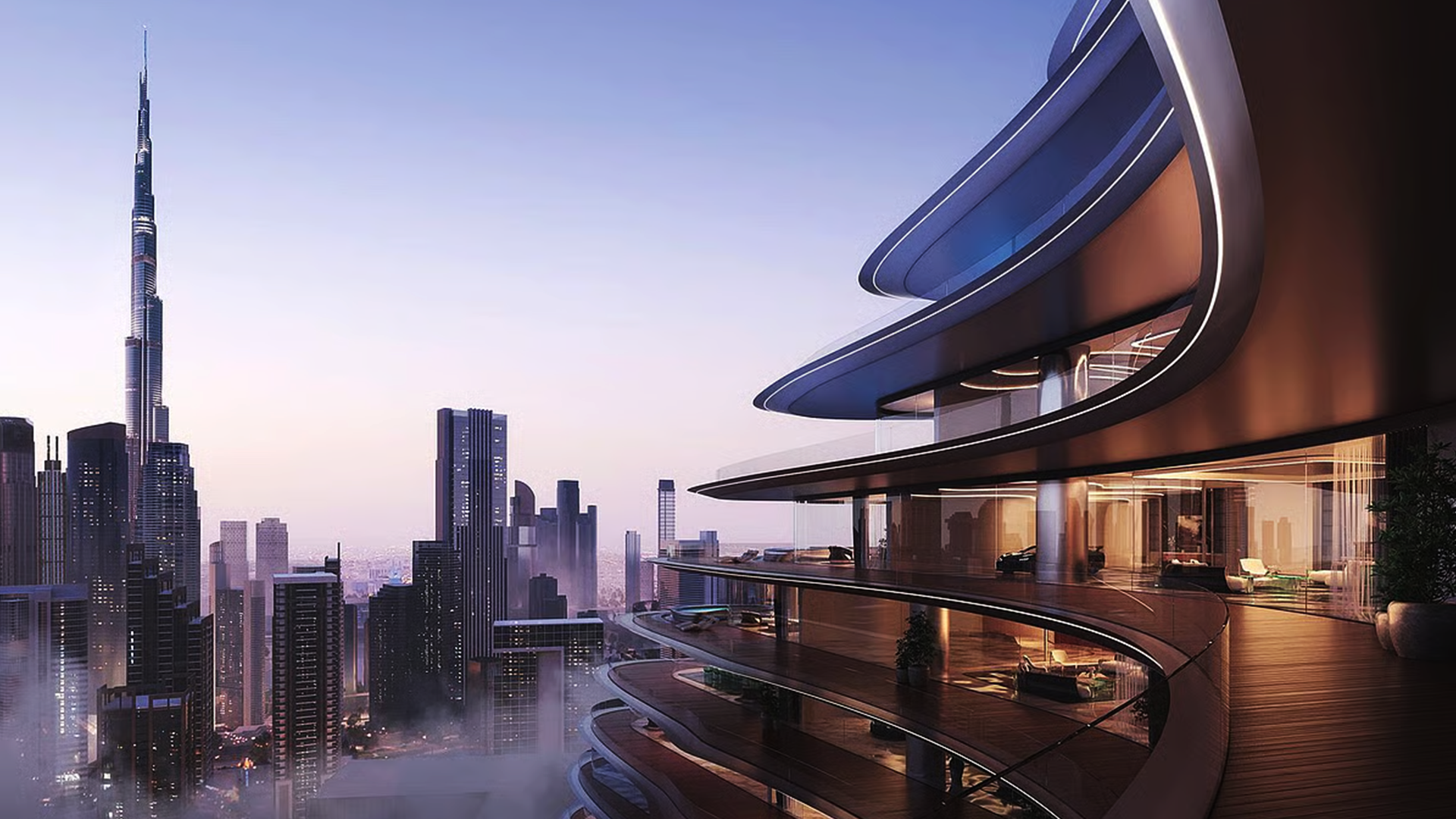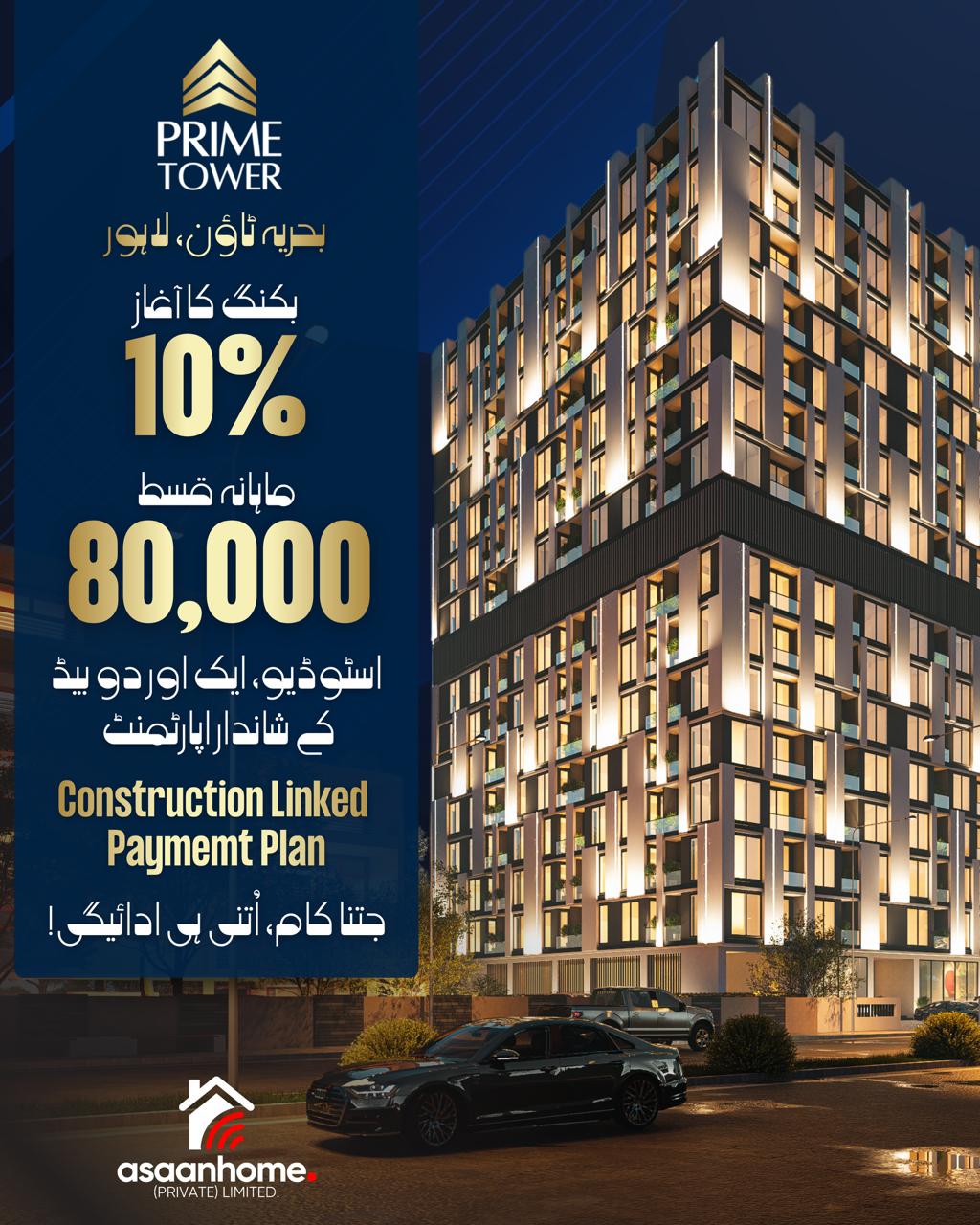Dubai’s high-end residential segment has long been synonymous with architectural brilliance, expansive layouts, and exceptional amenities—private cinemas, rooftop pools, and in-house wellness facilities are just the beginning. But as the city evolves, so too does the definition of luxury living.
Tomorrow’s elite homes will go beyond aesthetics and grandeur. The future of prime and Ultra-Luxury properties lies in intelligent integration—of technology, sustainability, security, and health. These trends are not only redefining lifestyle expectations but are also setting new benchmarks for value and desirability in the real estate market.
Next-Level Smart Living
Intelligent home automation has already become standard across Dubai’s most prestigious addresses. However, the next wave of innovation is set to redefine how technology is used within the living space.
Emerging smart homes will move beyond convenience. AI-powered systems will create personalised living environments, constantly adapting to resident preferences by learning daily routines, emotional patterns, and physical wellbeing metrics. From adjusting room temperatures based on biofeedback to suggesting nutritional meals in real time, homes will anticipate occupant needs with unparalleled precision.
Tomorrow’s kitchens, for example, will analyse nutritional data, suggest meal plans based on health indicators like glucose levels or hydration status, and sync seamlessly with fitness and medical apps. Market leaders like Google, Apple, and Amazon, alongside innovators such as ORVIBO and Dubai-based eSmartHome, are already laying the groundwork for this intelligent, integrated living.
Evolving Residential Security
While comfort and convenience are integral, security remains paramount—especially in the world of Ultra-Luxury real estate. As homes become smarter, so do their defence mechanisms.
Biometric authentication will no longer be limited to single-entry verification. Instead, continuous identification protocols will assess behavioural patterns—such as movement style or facial micro-expressions—to confirm the identity of those inside the property. Samsung’s SmartThings platform is a pioneer in this space, offering advanced control based on environmental cues and real-time activity data.
The future of home security will feature multi-factor biometric systems that blend facial recognition, retina scans, voice analysis, and even heartbeat patterns to provide layered, tamper-proof access. Firms like ZK Teko and BioConnect are advancing these capabilities, while companies such as EmoSense are developing emotional recognition software to detect signs of distress or unusual behaviour—offering an added layer of psychological security.
Eventually, DNA verification and vein-pattern mapping will further elevate home protection, enabling passive, non-invasive identity confirmation from a distance—enhancing both security and user experience. According to the UK’s National Cyber Security Centre, vein-based authentication offers superior accuracy and resistance to spoofing, making it an exciting prospect for residential safety.
Sustainable Design with a High-Tech Edge
Sustainability is becoming an integral feature of luxury properties, and eco-conscious design will be central to future Ultra-Luxury homes. These residences will prioritise both environmental responsibility and operational efficiency without compromising on comfort or design.
Solar energy will become a core power source, especially in a city like Dubai that enjoys over 3,500 hours of sunlight annually—significantly more than other sun-drenched cities like Miami. Photovoltaic panels and solar shingles will blend seamlessly into architectural finishes, powering homes with clean energy.
Meanwhile, intelligent water management systems—such as those developed by Siemens—will monitor consumption, detect leaks, and automatically adjust irrigation based on weather patterns or plant moisture levels. Advanced solutions will include greywater recycling and rainwater harvesting, allowing households to reuse water safely for non-drinking purposes.
These systems will also offer real-time water quality monitoring, checking for elements like pH balance, heavy metals, or micro-contaminants. Alerts can notify residents of abnormalities, helping preserve health while supporting sustainable living.
Wellness-Centric Living Environments
Luxury in the coming years will not only be about opulence but also about wellbeing and longevity. The residences of tomorrow will be meticulously designed to promote mental, physical, and emotional health.
Homes will incorporate biophilic design, air purification systems, and circadian lighting that mimics natural daylight cycles to regulate sleep patterns. Elements such as soft-touch entry systems, intuitive lighting based on mood, and predictive assistance—based on habit analysis—will provide a seamless, stress-free living experience.
State-of-the-art health facilities within the home will become standard. Think infrared saunas for detoxification and relaxation, cryotherapy chambers for muscle recovery, and virtual wellness coaching powered by AI. These features will allow residents to manage fitness routines, track recovery, and maintain mental health—all within their personal sanctuary.
Ergonomic controls and user-friendly interfaces will minimise friction between user and technology, enabling smooth interaction with home systems without the typical learning curve associated with advanced gadgets.
Redefining Ultra-Luxury for the Next Era
Dubai’s luxury real estate is entering a new era—one where innovation, security, environmental consciousness, and wellness are as important as square footage or design pedigree. The most desirable homes will not simply be beautiful; they will be intelligent, secure, sustainable, and nurturing.
Ultra-Luxury properties of the future will serve as both personal sanctuaries and technological marvels. As the lines blur between luxury and necessity, forward-thinking developers and discerning buyers alike will shape the city’s next chapter in luxury living.





